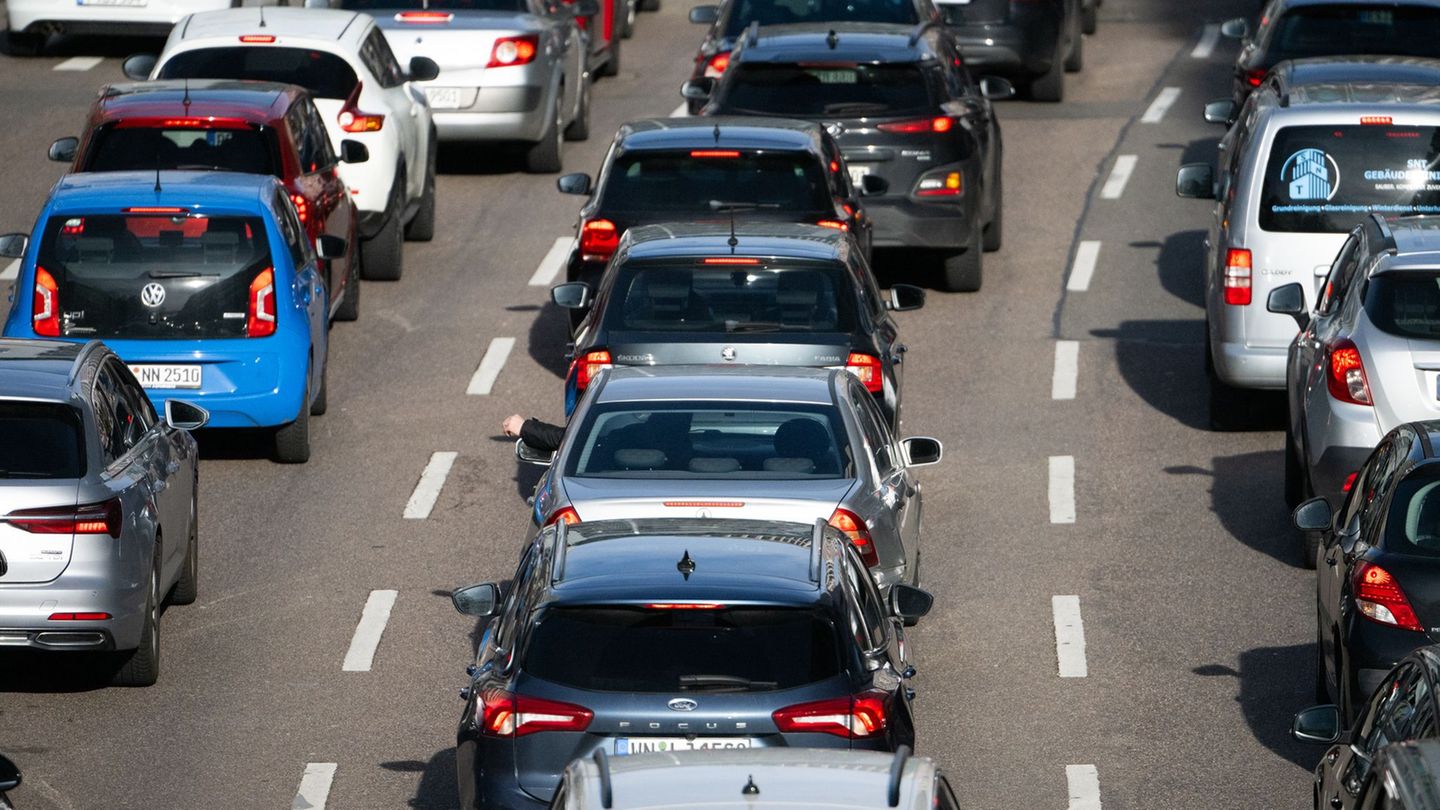Picking up a package in the evening or buying stamps – this is no problem at vending machines, as they have no opening hours. An amendment to the law could stimulate the expansion of vending machines at the post office.
Deutsche Post is increasingly relying on vending machines. It currently operates around 700 post offices, around 600 more than a year ago, the Bonn-based company said in response to a dpa query.
At a post office, you can drop off and pick up packages, buy stamps and post letters. Video advice is also available. Separately, the postal group DHL, which operates as Deutsche Post in the domestic letter business, also has pure parcel stations, called Packstations – packages can be dropped off and picked up there, but letters cannot.
According to the company, the Bonn-based company currently operates around 13,300 packing stations in Germany, a third more than in June 2022 (10,000). “We would like to continue to expand our vending machine network in line with demand in the future, as they are very popular with our customers,” said a company spokesperson, pointing out their biggest advantage: the machines are available around the clock.
Customers therefore do not have to adhere to the opening hours of the usual branches – such as supermarkets and kiosks with post offices. The expansion of post offices could accelerate in the future. According to the new postal law, which recently passed the Bundestag and is to be finally approved by the Bundesrat in July, they will be recognized as “universal service branches”.
The density of branches in metropolitan areas is predetermined
This means that they can be counted towards the branch network requirement, which still applies. The post office must operate at least 12,000 branches in Germany. There must be a branch in every town with more than 2,000 inhabitants, and in communities with more than 4,000 inhabitants, a branch may be located no more than two kilometers away from connected residential areas.
The post office is having problems complying with this regulation. In February, there were 125 unoccupied mandatory locations – meaning that the post office was not present everywhere it should have been. This is mainly due to structural change in rural areas: if the last retailer in a village closes, the post office no longer has a local partner. Until now, vending machines were not counted towards the branch network requirement – branches had to be staffed by a person.
However, the new law will be complied with if the post office sets up a machine – i.e. a post office; packing stations do not play a role here because they do not have a letter function. However, there will probably not be a mass conversion from manned branches to machines. According to the proposed law, the ratio between branches and machines must be appropriate – what exactly that means remains vague.
The local community has a say, and the Federal Network Agency must also give its consent. It is therefore entirely possible that the post office wants to set up a machine in a village or on the outskirts of a city, but this does not count towards the branch network requirement.
However, statements by the Federal Network Agency suggest that the regulator does not want to put any obstacles in the way of the Bonn-based company. The head of the agency, Klaus Müller, sees it as a positive thing that Deutsche Post will be installing more stamp and parcel machines than before. “If these machines are user-friendly and not constantly broken, this is progress for consumers that the law enables,” he told the dpa. The machines are an advantage for people, after all they are available around the clock. “This is a useful addition – provided that the machines are easy to use and you don’t need a diploma to use them.”
Source: Stern




